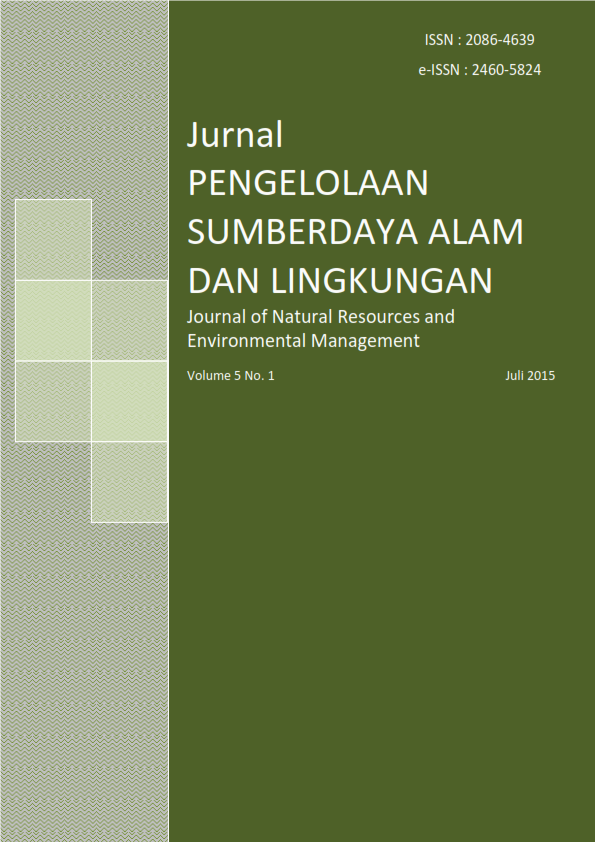ANALISIS KESESUAIAN LAHAN UNTUK KOMODITAS SAYURAN UNGGULAN DI KABUPATEN BATANG
Abstract
Batang Regency has potential land resource for the development of vegetable commodity because it has a diverse agro-ecological conditions, ranging from coastal areas, plains and mountains. However, these conditions have not been matched with adequate vegetable productivity because it is still below the average productivity of Central Java province. The purpose of this study were to know the primary commodities of vegetable in Batang, to know the land availability for development of primary vegetable commodities and to know available of land suitability for development of primary vegetable commodities in Batang. The analytical method used in this study were : LQ and SSA, land availability analysis and land suitability analysis.The results showed that the primary vegetables in Batang are potato, carrot, long bean, large pepper, cucumber, cayenne pepper, eggplant, cabbage and mustard. Available land for development planning based on primary vegetable horticulture area are 28.558 hectares.The results of soil analysis showed that the potential suitability classes for potatoes, cucumbers and carrots have potential level suitability of S2 and S3. Long bean,chili large, cayenne pepper, eggplant, cabbage and mustard have a potential level suitability of S1 (highly suitable) although that area were not too large.
Keywords: primary commodity, land availability, land suitability
Authors
Authors who publish with this journal agree to the following terms:
- Authors retain copyright and grant the journal right of first publication with the work simultaneously licensed under a Creative Commons Attribution License that allows others to share the work with an acknowledgement of the work's authorship and initial publication in this journal.
- Authors are able to enter into separate, additional contractual arrangements for the non-exclusive distribution of the journal's published version of the work (e.g., post it to an institutional repository or publish it in a book), with an acknowledgement of its initial publication in this journal.
- Authors are permitted and encouraged to post their work online (e.g., in institutional repositories or on their website) prior to and during the submission process, as it can lead to productive exchanges, as well as earlier and greater citation of published work (See The Effect of Open Access).






